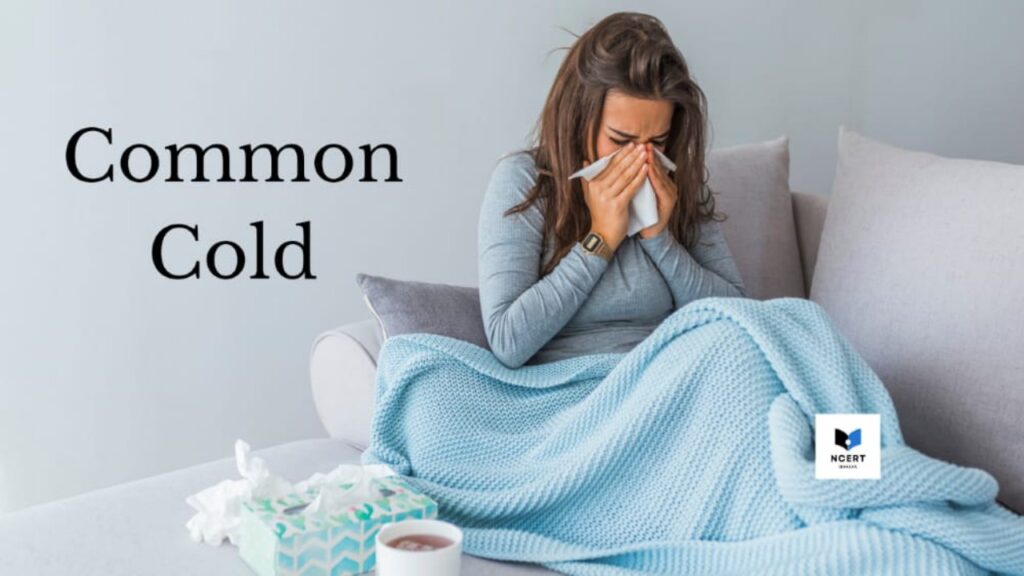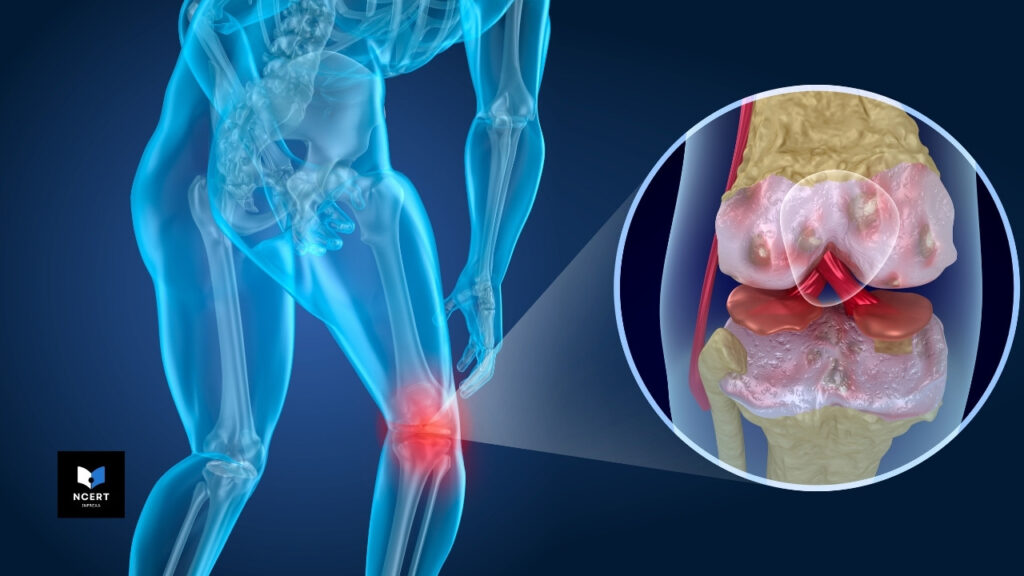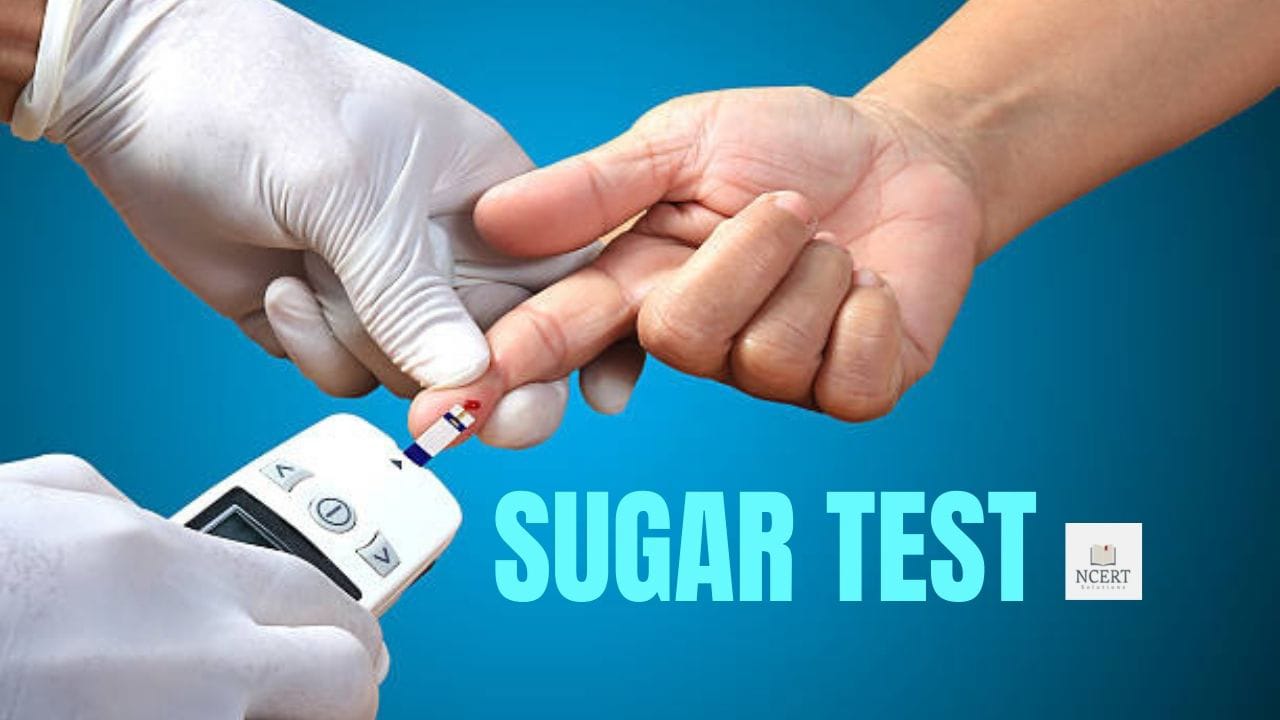Common cold: Anyone can recognize the symptoms of a cold – runny nose, sore throat (itchiness), and persistent sneezing.
But very few people know the facts about it, such as the common cold, the causes of cold, and what are the remedies or cures for cold.
And most importantly, how can you stay away from cold and flu? Here’s all about it –
What is a cold?
The common cold is caused by a virus. More than 200 types of viruses are responsible for the disease, but the most common type is the rhinovirus. It is believed to be responsible for 50% of cold cases.
Coronavirus, respiratory syncytial virus, influenza, and parainfluenza are some other viruses that can cause the common cold.
How does the common cold start?
You can get this disease from people who are already suffering from this virus.
Having physical contact with someone who already has a cold or touching surface that has been contaminated with the virus, such as a computer keyboard, door latch or spoon, or touching someone’s nose or mouth who is infected with this virus.
You can also catch them from infected droplets in the air released by someone sneezing or coughing.
A cold occurs when a virus attaches to the lining of your nose or throat. During this time, the body’s immune system tries to protect you from any damage by sending white blood cells to attack these microbes.
If you have not been infected with this virus before, your immune system is not ready to fight it. Because of this, your nose and throat swell and become mucus.
Most popular content:
You may not realize it, but your body’s energy is spent fighting the cold virus, due to which you feel tired.
A myth that needs to be busted – you don’t get sick from getting a cold or getting wet.
However, due to these, the chances of getting a cold definitely increase.
In fact, your chances of getting a cold are higher when you are overly tired, under emotional stress, or have allergies in your throat or nose.
Stages of Common Cold
Because the common cold can be caused by many different viruses, the progression and severity of its symptoms vary from person to person.
In general, symptoms are likely to develop two to three days after being infected.
It may also happen that some people have very mild symptoms, while others may have very severe symptoms. The types of symptoms of cold also differ.
Some people may only have a build-up of mucus in the nose, while others may have all the symptoms.
Which symptoms develop depends on the underlying health of the infected person.
Most people get better with a cold in seven to ten days, although some people may take more or less time to recover.
Again this depends on the virus that caused the infection as well as the underlying health of the patient.
Common Cold Symptoms
Symptoms of a cold generally, take a few days to develop symptoms. It is very rare that the symptoms of a cold to appear suddenly.
Often we are not able to differentiate between the symptoms of a cold and the flu. But knowing the differences between cold and flu symptoms can help you decide how to treat yourself.
You will also get an idea of whether you need to go to the doctor or not.
Nasal symptoms of the common cold:
- Stuffed Nose
- Sinus pressure
- Running nose
- Heavy nose
- To smell nothing
- Frequent sneezing
- Nasal discharge, especially, in the back of your throat
Brain and neck symptoms of cold and flu:
- Watery eyes
- Headache
- Sore throat
- Cough
- Swollen lymph gland (lymph node)
Physical symptoms of colds:
- Fatigue
- Chills
- Body aches
- Mild fever
- A feeling of chest pain
- Difficulty breathing deeply
Common Cold Causes
The common cause of cold is a common disease of the upper respiratory tract.
Cold cough occurs when you breathe in infected air with virus particles released from the nose of an infected person by sneezing, coughing, or speech, and with the breath, the virus goes inside your body.
You can get the virus from contaminated objects such as door latches, telephones, children’s toys, and towels that have been contaminated by touching an infected person. Touching those things can also infect.
Rhinovirus (the most common cause of cold and cough) can survive for up to 3 hours on a hard surface or on the hands.
Most viruses are classified into one of several groups. These groups include:
- Human rhinovirus
- Coronavirus
- Parainfluenza virus
- Adenovirus
Some other common viruses that cause colds have been isolated, such as a respiratory syncytial virus.
But there are still some other viruses that have not yet been recognized by modern science.
Prevention
Although it is impossible to completely prevent a cold, there are steps you can take to reduce the chances of yourself and your family contracting the virus:
- Wash your hands often – This is the best way to avoid cold. In particular, wash your hands after returning home from a public place. If you wash your hands frequently, it helps to destroy the viruses you get from surfaces used by other infected people. And definitely teach your children the importance of washing hands.
- Do not smoke – Cigarette smoke can irritate the airways and increase susceptibility to colds or other infections. Even exposure to passive smoke can give you (or your children) symptoms of a cold.
- Do not touch your face, especially the nose, mouth, and eye areas, if you are around an infected person or have come into contact with a contaminated surface in a public area. Doing this will reduce the chances of the virus entering your respiratory system if you have a virus on your hands.
- Use disposable eating utensils if someone in your family is infected. Disposable cups or glasses can be thrown away after each use. Doing so helps prevent the accidental spread of the virus.
- Keep household surfaces clean- Door latches, drawer handles, keyboards, electric switches, telephones, remote controls, countertops, sinks, etc., can remain on these surfaces for a few hours if used by an infected person. These surfaces should be thoroughly cleaned with soap or a disinfectant solution.
- If your child has a cold, wash their toys thoroughly when you are cleaning household surfaces or commonly used items.
- Use paper towels in the kitchen and bathroom to dry hands- Germs can live on cloth towels for several hours. Alternatively, there should be a separate towel for each family member and a separate clean towel for the guest.
- Dispose of tissue paper thoroughly after use as the used tissue paper may contaminate the surface on which you lay it and can be a source of the virus.
- Maintain a healthy lifestyle – While it’s hard to say whether a good diet or exercise will prevent the common cold, a healthy lifestyle (enough sleep, healthy nutrition, exercise)
- Keep stress low – Studies have shown that people experiencing emotional stress tend to have weakened immune systems and that stressed people are more likely to catch a cold than people who are not stressed.
Diagnosis
You rarely need to visit a doctor for the diagnosis of a cold cough. Recognizing the symptoms of a cold is often the diagnosis.
If these symptoms continue for a week or more, you need to see a doctor, as they may be symptoms of something else, such as the flu or throat disease.
If you only have a cold, you can expect the virus to keep you infected for about a week to 10 days. A person infected with the flu also recovers in up to 1 week.
But if the symptoms of infection do not go away in a week, then there may be a possibility of developing another disease.
Doctors may have to take many tests to know exactly whether the body has symptoms of flu or a cold.
Because colds and flu have similar symptoms and treatments, diagnosis only helps to make sure you’re getting enough attention to be healthy.
Common Cold Treatment
There is no cure for the common cold. So treatment has two goals: to make you feel better and to help you fight off the virus.
Getting plenty of rest is important for the treatment of a cold.
You will feel most comfortable in a warm and humid environment.
This facilitates the flow of mucus in the throat as well as helps in reducing congestion in the throat.
There is no specific treatment for the virus that causes the common cold. But you can get relief by treating its symptoms.
If a child has aches and pains with a fever of 100.5 degrees or more, then he is given paracetamol (consult a doctor once before taking the medicine). Adults can also take paracetamol.
If you have a sore throat, often gargle with 1/2 teaspoon of salt in 1 cup of warm water.
A decongestant that contains pseudoephedrine helps to open and clear your nose, but only temporarily.
Decongestants (nasal spray) such as oxymetazoline (Afrin) also help. But if they are used for more than three or five days, they can cause a “rebound” effect.
This means producing more mucus in the nose and throat and increasing congestion in the throat.
Pseudoephedrine can increase your blood pressure and heart rate.
If you have heart disease, high BP, prostate cancer or other prostate problems, diabetes, or thyroid problems, then do not take any kind of medicine without a doctor’s advice.
What to do if you have a common cold frequently
If you are having frequent colds and your body is also feeling a little sick, then these measures will help to remove the cold as soon as possible:
- Drinking water according to the need – Water, juice, or lemonade with honey helps in reducing cold and fulfills the lack of water in the body. However, alcohol, coffee, and caffeinated sodas should be avoided during this time, which causes water loss in the body.
- Rest – It is also necessary to give rest to the body to cure a cold.
- Reducing Sore Throat – Gargling with warm water mixed with an appropriate amount of salt also provides relief from sore throat and scratches.
- Over-the-counter drops and sprays can also help relieve a cold.
- Colds can also be relieved through hot soups, such as chicken soup, tea and hot apple juice, which reduce the problem of cold by increasing the flow of mucus.
- Honey also helps reduce colds, especially in adults and one-year-olds. However, do not take it at all with hot tea.
Read these also:




